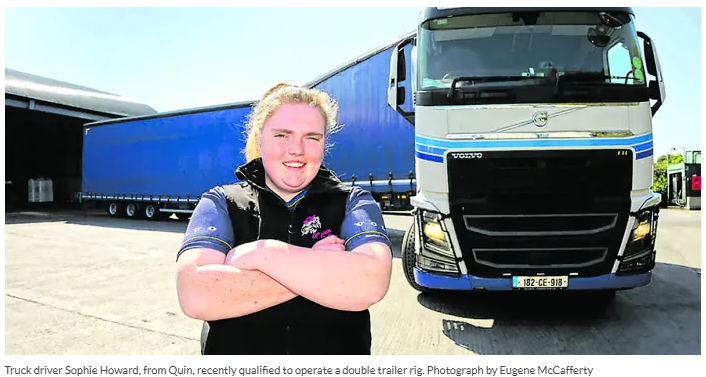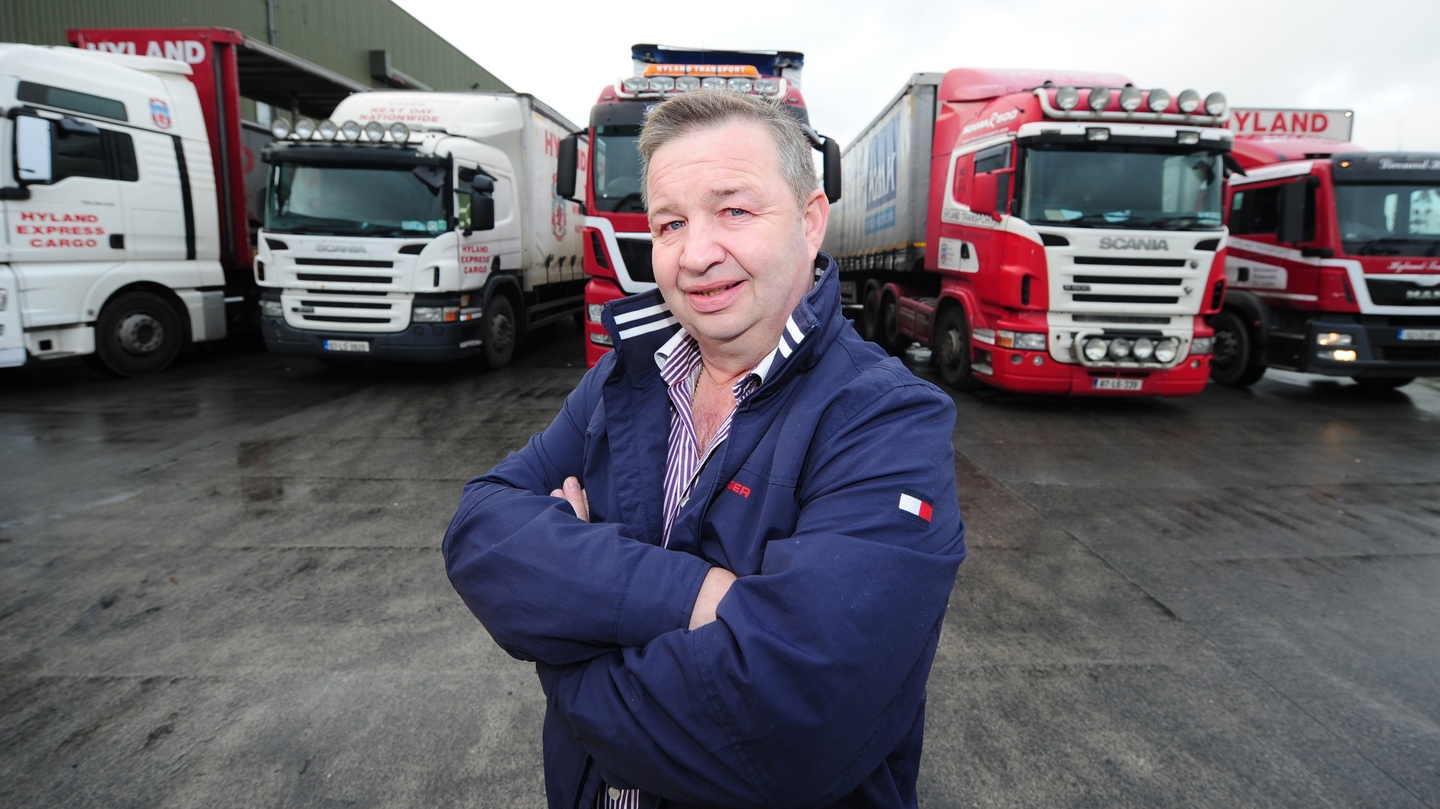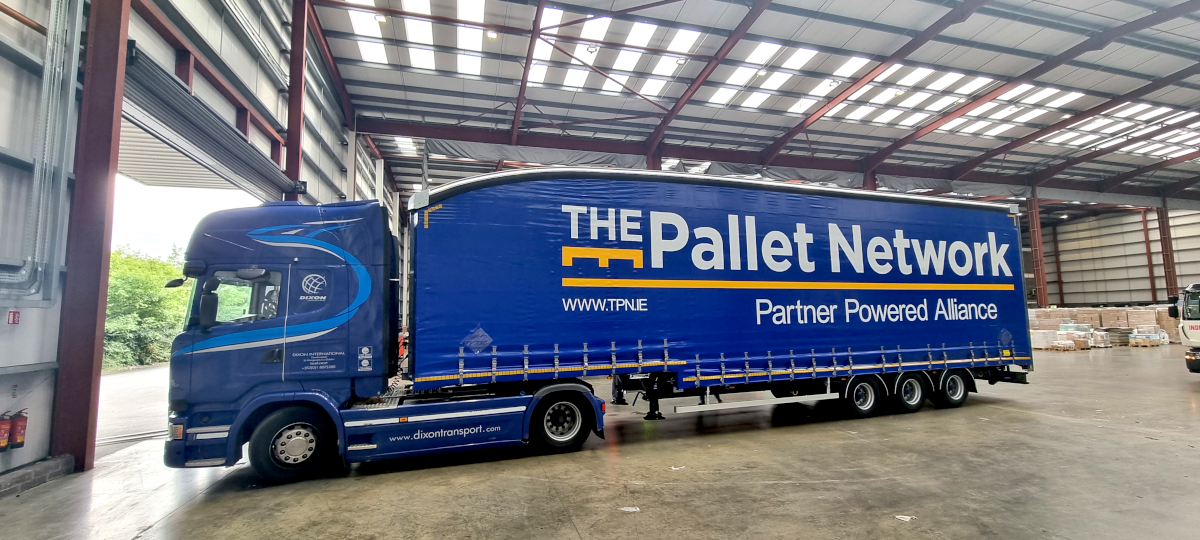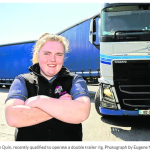-

Supports Needed For Young Truck Drivers
Truck driver Sophie Howard, from Quin, recently qualified to operate a double trailer rig. Photograph by Eugene McCafferty, Clare Champion. 2025-04-15
-

Ger Hyland elected President of the IRHA
Ger Hyland (of Hyland Transport, Depot TPN 113) recently spoke to Laois Today, regional newspaper […]
-

Six months on, people still confounded by Eircode system
This is a recent article from The Irish Times, printed on Dec 24th 2015, about […]
-
IRHA Calls For Driver Apprentice Scheme
The IRHA is lobbyig the government to develop a driver apprentice scheme for HGV drivers. […]
-
New Driver For IRHA As Eoin Steps Down
Verona Murphy has become only the second woman president of the Irish Road Haulage Association […]
01 821 9999

IRHA
Archive
Categories
Recent Posts
Tags
appeal (3) Bertie Ahern (1) careers (1) charity (3) Cork (2) Crown Paints (1) D102 (1) ElectricPower (2) Forklifts (2) freight transport (2) FTA (1) fuel rebate (1) Galway (2) GreenLogistics (2) HGV Driver (1) humanitarian (3) IEC (4) ifg (1) International Freight Forwarding (1) Ireland (33) IRHA (5) Irish infrastructure (1) Irish Postcode (1) Irish Times (1) jobs (1) Langan Couriers (2) Laois (2) onetpn (26) Partner News (1) PartnerPoweredAlliance (29) PartnetPowered (1) Paschal Donohoe (1) road freight (2) road transport (1) Seamus McGowan (1) StandUpForUkraine (7) Still (2) The Pallet Network (33) TPN (35) TPN Hub (1) TPNUK (1) TPN UK (1) Truck Driver (1) Ukraine (8) Verona Murphy (2)





